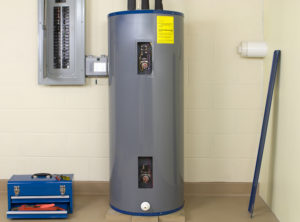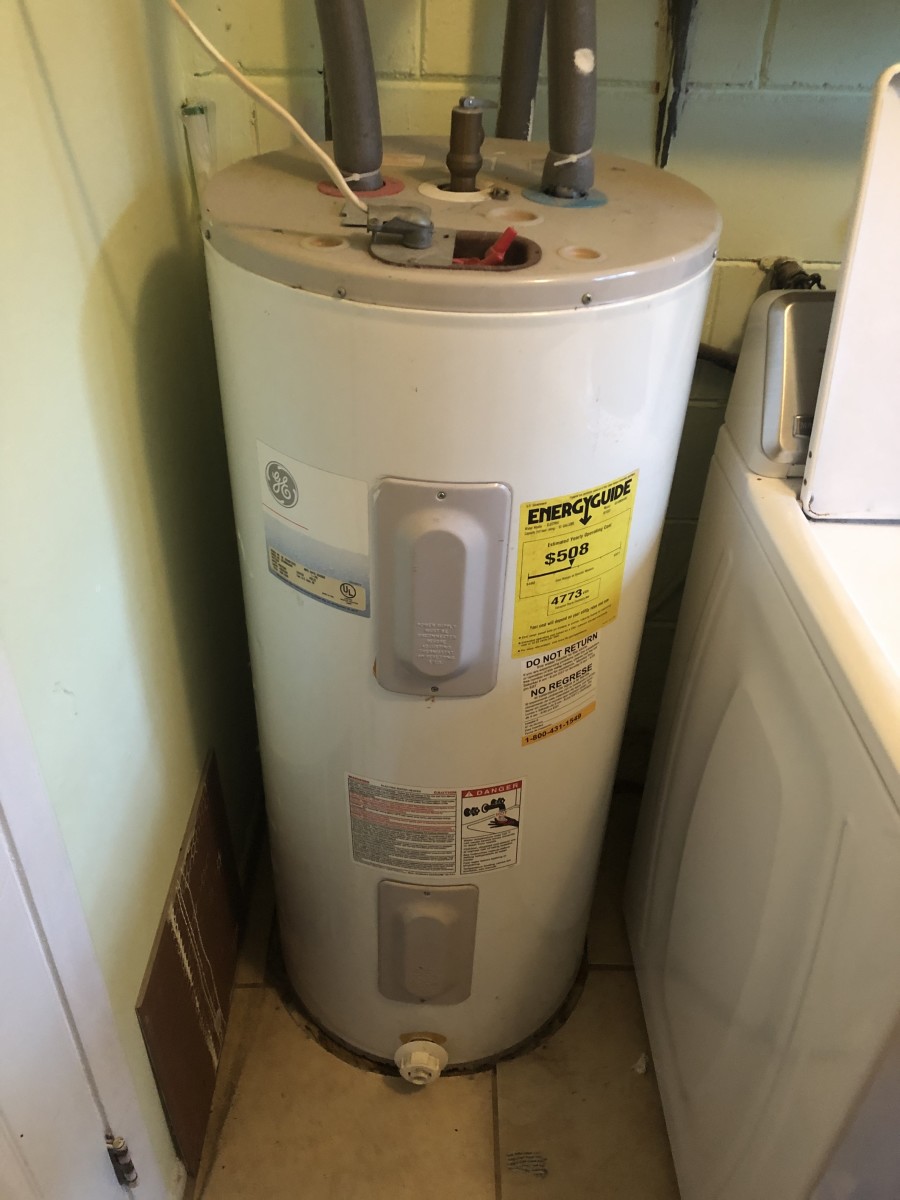Important Procedures for Homeowners Handling Broken Water Heaters
Important Procedures for Homeowners Handling Broken Water Heaters
Blog Article
What're your thoughts about Water Heater Repair?

Whether it is located in the cellar or a different area, damaged water heaters can trigger stress. A typical device holds 80 gallons, so an overnight leak will result in a flooding. This results in significant residential property damages with soaked walls and floors. Besides, having no warm water supply is likewise frustrating. If you are handling these issues, keep in mind of the following:
Call the Plumber
After doing the initial 2 safety steps, you should call your plumber to come right away to repair a burst water heating system. There are generally indicators that your aging water heating system has debris build-up in the inside.
Don't wait for significant flooding to call the plumber. Already, you will need to invest more to recover your building. Instead, as quickly as you spot these signs, have an expert involved inspect your water heater tank. Normally, hot water heater have a lifespan of about 8 to 12 years. With routine evaluation as well as maintenance, you can extend its life.
Cut Off the Cold Water Supply
Cut off the tanks touch water supply from the resource. When your container is in great condition, the cool water stops loading up when the storage tank is full. If you can not find it or reach it, you have to turn off that major water supply line outside your building.
Turn Off Source Of Power
Before calling the plumber, closed off a gas water heating system by transforming the temperature level dial. This will avoid electrocution, especially if there is a leakage as water is a conductor. Typically, the home heating aspect closes off when the water hits a specific temperature level.
Tidy up Residential property
After calling the plumber, paper damage by making note and images so you can claim your home owner's insurance. From there, begin the immediate cleaning. Take out any type of important items to prevent additional saturating. Then, eliminate any type of standing water to stop mold and mildew and mildew growth. If you have a completely submersible water pump, make use of that to drain pipes the water. Otherwise, the traditional container method will additionally work. Attempt to wipe out every little thing, consisting of wall surfaces as well as baseboards. Maintain them running to keep air circulating if you have an electrical fan and dehumidifier. This will certainly assist discourage mold and mildew development.
Remember, if you discover any problems with your water heater, call the pros right away. You can not take this issue lightly due to the fact that a damaged thermostat can increase water temp to a dangerously high degree, leading to unintentional burns.
After doing the initial two security steps, you need to call your plumber to come right away to fix a burst water heater. Instead, as quickly as you spot these signs, have actually a specialist come to examine your water heating unit container. Before calling the plumber, shut off a gas water heating unit by transforming the temperature dial. If you have a completely submersible water pump, make use of that to drain pipes the water. Remember, if you discover any type of problems with your water heating unit, call the pros right away.
Is My Water Heater Broken?
The Water Heater is Old
No appliance will last forever. This includes a home’s water heater. During its lifespan, residents are going to face a situation where a new water heater installation will be necessary. The biggest problem with this is that most people are not sure when their water heater expires. Not knowing this can lead to serious risks if the unit begins to act up due to old age.
Most makes and models of water heaters will last between eight and 10 years. While 10 years is the age when water heater replacement is highly recommended, the need to replace the unit may occur before this time or after. If the unit doesn’t show any symptoms of a problem, it is a good idea to replace it at the 10-year mark (from the manufacture date).
Some of the symptoms that indicate a new unit is needed include rusting, leaks, noises, and a failure to heat up the water. Also, note that not all units have a 10-year life expectancy. The main exception to this rule is that a gas unit will last for six to eight years.
Rusty Heater Inlet Valve or Water
While steel is the strongest material on earth, it does have a weakness – rust. If corrosion occurs on a steel surface, it will begin to spread and eat through the steel in certain areas. On water tanks and pipes that are made of steel, rust is a warning sign of an impending leak.
The issue for many is trying to figure out if the rust is coming from the water heater or the pipes that lead to the faucet. If rust is seen, it is a clear indication that water heater service from the professionals is needed.
If rusty water appears out of the faucets in the bathtub or sink, it likely means a rusty water heater. If there is rust near the water inlet or the pressure relief valve, rust has likely developed inside the tank. If tap water appears rusty, it may be an issue with the pipes.
Strange Sounds from the Water Heater
Are there strange sounds coming from the tank? As a water heater gets older, rumbling noises may develop and get louder and louder as the water in the tank heats up. In homes where large amounts of hot water are used, the issue is likely going to be even more obvious when more serious issues arise. If there is a strange or loud noise coming from the unit, it is probably because of sediment buildup. A good way to remedy this problem is by flushing the heater. If this does not work, then a new unit may need to be installed.
Leaks
As a water heater gets closer to the end of its useful life, there is a higher chance there will be water around the tank. If there is water, this usually means leaks are occurring. Based on where the unit is located in the home, a leak may result in serious property damage.
Leaks are usually caused by expansions in the metal tank. The expansions occur as time passes and as the inside body of the tank is exposed to multiple heating cycles per day. When a fracture forms, the gap will be slight enough to hold the water in; however, in more serious situations, this will not be the case. If the tank is idle, the water will not leak but when the metal expands during each heating system, small amounts of water will get through the gap.

I was made aware of that report about What Do You Do When Your Water Heater Bursts? from an associate on a different domain. If you please take a moment to share this blog entry if you liked it. We treasure reading our article about Water Heater Repair.
Plumbing care available. Report this page